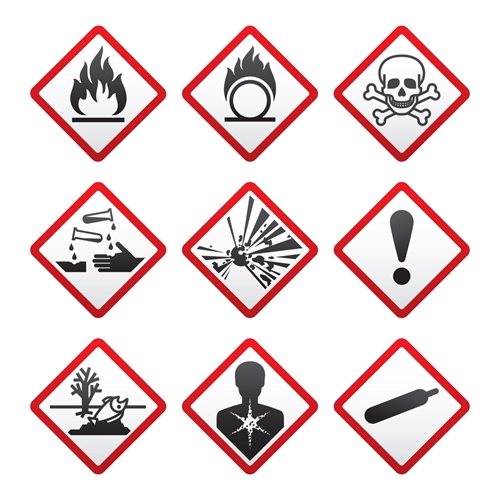
In lieu of the West, Texas fertilizer plant fire and explosion in April, residents nearby and across the country have become more concerned about safety standards at their local industrial and chemical manufacturing plants.
As reported by Bloomberg, the fire at the West, Texas fertilizer plant that caused a deadly explosion, completely leveling nearby homes, has prompted many in the community to question whether not such facilities should be located in populated areas at all. And while local and state legislation addressing this issue vary widely, the federal government has no such regulation.
Ammonium nitrate
According to the U.S. Department of Homeland Security, more than 2,400 facilities scattered across the country house ammonium nitrate – the chemical that is suspected to have caused the Texas plant explosion.
In Texas, 115 businesses are registered to sell and store ammonium nitrate, an explosive agent that composes just 2 percent of nitrogen fertilizer. The same fertilizer is long favored by citrus and pasture farmers in states like Tennessee, Texas, and Missouri, according to the Association of American Plant Food Control Officials.
"Anywhere there are crops grown, you are going to have a feed, seed and fertilizer dealer," Stephen McMurry, president of the AAPFCO. "In any farming community, they are going to have one fairly close."
The Adair Grain plant in West, Texas, was authorized to house 270 tons of ammonium nitrate, and it destroyed a school, nursing home and an entire apartment block, killing 14 people and causing more than $100 million in property damage.
"The problem of dangerous chemicals housed right near where people live is very pervasive," Paul Orum, an independent consultant who has published reports on chemical safety for the Center for American Progress in Washington, told Bloomberg. "It needs a systemic, long-term solution."
Just 50 miles from West, Texas sits El Dorado Chemical. The wooden facility stores 5,000 tons of ammonium nitrate within less than a mile of the 23,000 residents and businesses of nearby Corsicana, Texas.
"For people near fertilizer plants, this has just brought an awareness," said Tim Young, the Corsicana lumber yard's manager. "If it catches fire, I'm gone."
According to Chris Damas, a fertilizer analyst and chemist with BCMI Research, the El Dorado facility carries enough explosives that could, in the event of a major fire, take out the entire town of Corsicana. And while Mayor Chuck McClanahan assured Corsicana residents that, in the event of an emergency, everyone would receive a phone call prompting an evacuation in under a minute – the notion of such close proximity doesn't sit well with many residents.
Fire investigation improvements
As reported in the Claims Journal, the National Fire Protection Association was created more than 100 years ago to promote and improve fire prevention and protection standards. In 1992, they released a report – the NFPA 921 – that serves as a guide when conducting fire and explosion investigations. While initially intended as a guide, it has become the investigation standard in providing the fire's point of origin and the cause of the fire.
If the cause of the fire cannot be deduced from the evidence gathered, it is classified as "undetermined." Of course, the goal of any fire suppression system or investigation tool is to prevent future occurrences of such a fire.
As noted by Paul Orum to Bloomberg, legislating preventative or protective measures involving explosives – an inherently dangerous and volatile substance – is difficult. He said local zoning laws could keep development of facilities at a comfortable distance from subdivisions or schools, although pre-existing facilities – like the one in El Dorado – would be grandfathered in. Intelligent tax breaks may persuade facilities housing such chemicals to move away from populated areas. Even the Environmental Protection Agency could take action by adding ammonium nitrate to its risk management list, prompting emergency plans by local authorities in the event of an explosion.